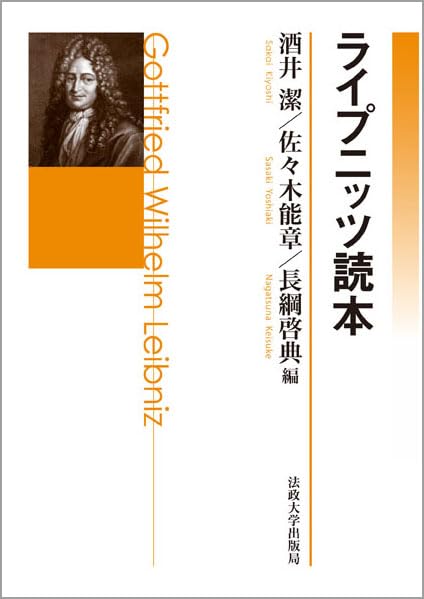3 0 0 0 IR 蓋然性の論理学 : ライプニッツ中国学の方法論への一視点
- 著者
- 長綱 啓典
- 出版者
- 学習院大学東洋文化研究所
- 雑誌
- 東洋文化研究 (ISSN:13449850)
- 巻号頁・発行日
- no.16, pp.380-358, 2014-03
Some Japanese Leibniz researchers have emphasized "the logic of the analogy" as the point about his chinology. This logic functions as a methodology, with which man can compare the Chinese thoughts with the European ones. But, how does Leibniz precisely judge, whether the informations that the Jesuits have send from China to him are correct? To this question, we can point out that there is the other logic in Leibniz : "the logic of the probability". Leibniz develops this logic mainly in the context of the debates on the reliability of the history, which have taken place around the end of the 17th century in Germany. In these debates, some thinkers agree with the Pyrrhonism on the history. But Leibniz objects to this point of view. He would prefer to establish the reliability of the history by suggesting different degrees about the probability. According to him, the consideration about the probability is based on a kind of calculation, whose exemplar man can find in the jurisprudence at that time. This calculation which demands the objective evidences is the essential of the logic of the probability, no less. Leibniz uses this logic not only in the field of the history, but also in that of chinology, to establish it as one of the objective and modern sciences.
2 0 0 0 OA ライプニッツの公共の福祉論
- 著者
- 長綱 啓典 バッソ ルカ シュトルク セバスティアン
- 出版者
- 帝京大学
- 雑誌
- 若手研究(B)
- 巻号頁・発行日
- 2013-04-01
本研究の主要な目的は、ライプニッツの公共の福祉論を彼の実践哲学の核心として取り出し、その特徴と歴史的意義を明らかにすることに存する。この目的を実現するために、一年目にはイタリアからルカ・バッソ博士を、二年目にはドイツからセバスティアン・シュトルク博士を招聘し、それぞれ講演を開催した。また、研究代表者自身も、ライプニッツの公共の福祉論の重要なファクターである、彼の保健・衛生行政論について学会発表を行った。これらの研究により、ライプニッツの公共の福祉論の特殊近世的な特徴がこれまで以上に明らかとなった。
2 0 0 0 ライプニッツ読本
- 著者
- 酒井潔 佐々木能章 長綱啓典編
- 出版者
- 法政大学出版局
- 巻号頁・発行日
- 2012
